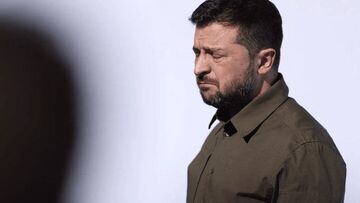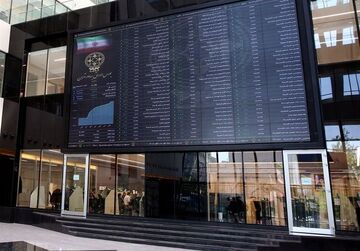TEHRAN(Bazaar) –Shireen Tahmaasb Hunter, a professor of political science at Georgetown University, tells the Bazaar that Iran's desire for some guarantees is reasonable, because uncertainty about future US position would mean that Iran would not fully benefit from JCPOA's economic advantages.
“However, for political and other reasons, the US is unlikely to give such assurances,” Hunter comments.
Following is the text of the interview of Bazaar with Prof.Hunter:
Bazaar: Ali Bagheri Kani, Iran's Deputy Foreign Minister for Political Affairs said Wednesday that the Vienna talks with the aim of removal of the US sanctions will start on November 29. What is your assessment of this?
Hunter: Sooner or later, Iran had to agree to the resumption of the Vienna Talks. Otherwise, the chances that its nuclear dossier again might be reverted to the Security Council, which could have meant even more economic and other pressures, would have increased. The question is whether Iran will be willing to compromise on some of its positions, especially its demands for guarantees that the US would not leave the JCPOA again. Iran's desire for some guarantees is reasonable, because uncertainty about future US position would mean that Iran would not fully benefit from JCPOA's economic advantages. However, for political and other reasons, the US is unlikely to give such assurances.
Bazaar: President Ebrahim Raeisi said that "As Iran has announced before, we will not leave the negotiating table," adding that Iran wants result-oriented negotiations to remove oppressive US sanctions. Do you think that the result that Iran is seeking will be achieved in the negotiations?
Hunter: If Iran expects all sanctions, including those imposed for non-nuclear reasons, to be lifted, the Vienna talks will not succeed. However, if Iran accepts that only nuclear related sanctions will be lifted and, in particular, Iran would be allowed to sell its oil and restrictions on its banking operations would be eased, the talks could succeed. However, as far as trade and banking are concerned, even if sanctions are lifted, as long as Iran does not join the FATF, it will face barriers in reestablishing its trading position.
Bazaar: Mikhail Ulyanov, Russia Permanent Representative for Vienna-based International Organizations said that all participants in the negotiations for the resumption of the implementation of the JCPOA call for a result-oriented dialogue. He told cautiously optimistic about the outlook for the next round of Vienna talks. His words seem to be a response to Ebrahim Raisi. What is your assessment of Russia's recent position? Ulyanov has been sharply critical of Iran for the delay in the Vienna talks in recent months.
Hunter: I believe Russia wants a limited agreement between Iran and 5+1. If JCPOA is not revived and Iran's dossier again is transferred to the UN Security Council, Russia could face a dilemma: If it does not go along with the Council's decision, it would face difficulties with the Europeans and the US. On the other hand, if it supports more severe actions against Iran, its ties with Tehran would suffer. But , Moscow does not want real progress in Iran's talks with Europe and the US, within or outside the JCPOA framework.
Bazaar: Republicans in U.S. Congress announced that as soon as the Republican Party regains a majority in Congress, it will immediately rescind any agreement between the Biden administration and the Islamic Republic of Iran. According to the Washington Free Beacon, the Republican MPs said their clear message to the Islamic Republic of Iran was: “Joe Biden does not have the authority to promise the permanent lifting of sanctions of Iran.” Based on this, how does the Biden government want to guarantee the stability of the JCPOA?
Hunter: All issues related to Iran have become intertwined with US domestic politics. Clearly a republican administration cannot be bound by the decisions of the Biden administration, as Biden was not bound by Trump's policy.
Iran's real problem, irrespective of whether the Democrats or the Republicans are in power, is its hostile attitude towards the US and its unwillingness to directly engage with Washington and to discuss the whole range of outstanding problems between the two countries. The JCPOA's fate should be assessed in this broader context. If before the end of the Biden presidency Iran and the US decide to reconcile, then the Republican could not change that. But if the current situation continues, the Iran issue could become instrumentalized in future US congressional and presidential elections.
Bazaar: Given the recent developments, what is your prediction for the future of the JCPOA?
Hunter: I believe that the fate of the JCPOA in the near term depends on how Iran calculates the risks and benefits of striking a compromise. If Iran calculates that the economic benefits of even a partial lifting of sanctions is higher than possible setbacks to its nuclear program and the risk of the US again leaving the agreement, then the talks could succeed. Otherwise, the JCPOA faces the risk of imminent death.
















نظر شما